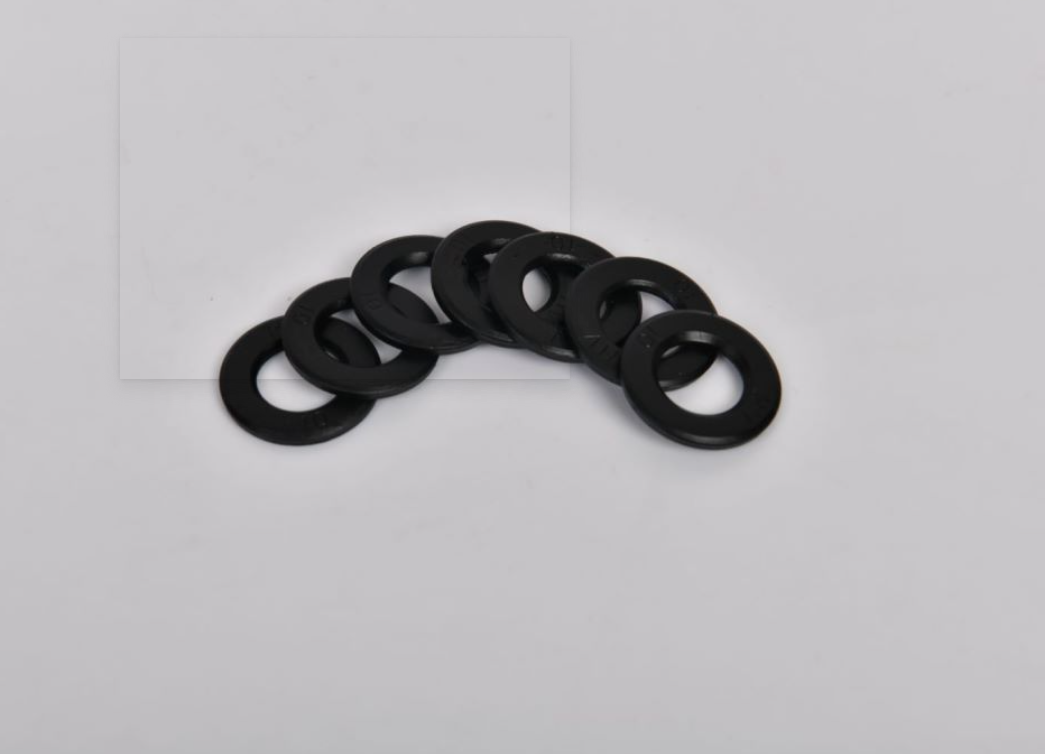Order Custom Bolt Washer Lock Washers for Your Specific Needs and Applications
Understanding Custom Bolt Washer and Lock Washer Orders
In today's competitive manufacturing and assembly landscape, companies often face the challenge of ensuring tightness and security in their mechanical connections. One key aspect of this is the use of washers – specifically, custom bolt washers and lock washers. Understanding these components, their applications, and the ordering process can greatly enhance product reliability and efficiency.
What Are Bolt Washers and Lock Washers?
Bolt washers are flat discs often made of metal, rubber, or plastic, placed under the head of a bolt or nut. Their primary functions include distributing the load of the fastener, preventing damage to the surface being fastened, and preventing the fastener from loosening due to vibration. On the other hand, lock washers are designed to prevent loosening due to rotational motion and vibration. They come in various shapes, including split, tooth, and wave types, offering different methods of achieving gripping actions against nuts and bolts.
The Need for Custom Orders
Standard washers may not always meet the specific needs of every project. Various factors can dictate the necessity for custom bolt washers and lock washers, including
1. Material Specifications Depending on the environmental conditions, washers may need to be made from corrosion-resistant materials like stainless steel, titanium, or specialized alloys.
2. Dimensions Projects often require specific sizes that differ from standard offerings. Custom orders allow for exact diameters and thicknesses that align with unique bolt sizes and project requirements.
4. Specialized Features Some custom orders include features like coatings, custom shapes, or integration with other components, which can enhance functionality in specific applications.
custom bolt washer lock washer order

The Ordering Process for Custom Washers
When placing an order for custom bolt washers or lock washers, several steps should be followed to ensure successful procurement
1. Define Specifications Clearly outline the requirements, including material, dimensions, quantity, and any special features. It’s essential to communicate the application environment, as this impacts material selection.
2. Select a Manufacturer Research manufacturers that specialize in custom fasteners. Look for those with a good reputation, expertise in your industry, and the capability to meet your specifications.
3. Request Prototypes Before finalizing a large order, it’s wise to request prototypes. This allows you to test the washers to ensure they meet your performance and quality expectations.
4. Review Quality Assurance Ensure that the manufacturer follows strict quality control processes. Certifications such as ISO can be indicators of a manufacturer’s commitment to quality.
5. Place Your Order Once you are satisfied with the prototypes and have established your manufacturer, place your bulk order. It’s important to confirm lead times, potential costs, and shipping details.
Conclusion
In any industry where mechanical connections are crucial, utilizing the right components can significantly impact performance and longevity. Custom bolt washers and lock washers are essential in ensuring that these connections remain secure under various conditions. By understanding their purpose and following a structured ordering process, businesses can enhance their manufacturing capabilities, reduce operational risks, and ultimately improve product quality. Whether your organization is small or large, investing in custom washers is a strategic decision aimed at achieving reliability and excellence in your projects.
-
Top Choices for Plasterboard FixingNewsDec.26,2024
-
The Versatility of Specialty WashersNewsDec.26,2024
-
Secure Your ProjectsNewsDec.26,2024
-
Essential Screws for Chipboard Flooring ProjectsNewsDec.26,2024
-
Choosing the Right Drywall ScrewsNewsDec.26,2024
-
Black Phosphate Screws for Superior PerformanceNewsDec.26,2024
-
The Versatile Choice of Nylon Flat Washers for Your NeedsNewsDec.18,2024










